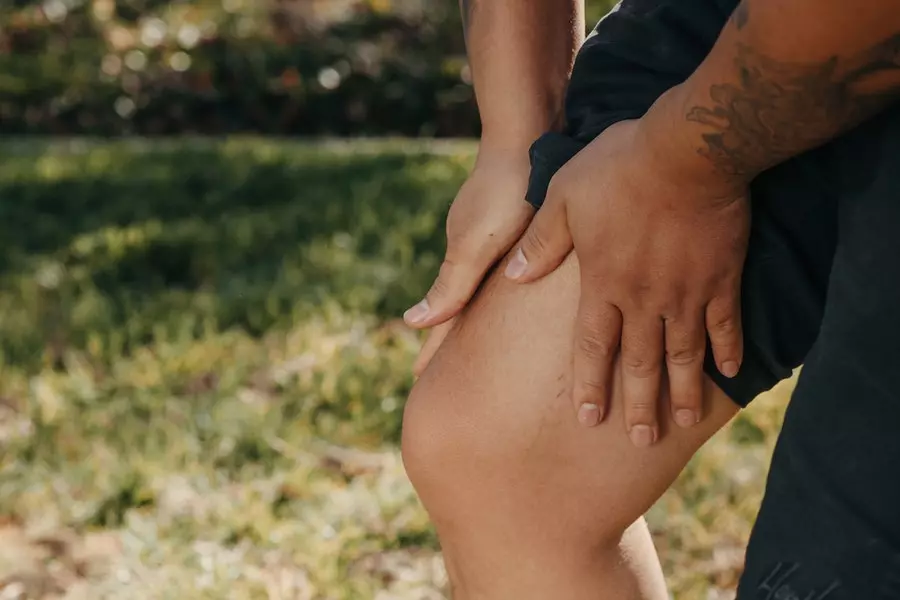
When you’re injured for any reason, whether it’s a car accident injury, a sports or exercise injury, or something that occurs because of overuse of a particular part of your body, you want to recover as quickly as you can.
You never want to push yourself too hard and follow your treatment plan, but of course, you also want to get back on track with doing the important things in your life.
With your medical provider’s approval, you can use certain strategies to speed up your injury recovery and improve your overall health and well-being.
1. Stretch If You Can
Stretching is important to help you recover more quickly from an injury and also feel your best. If your doctor gives you the go-ahead for light stretching, it can help you maintain your range of motion and general flexibility. Gentle stretching is also relaxing, which can put you in a better headspace. When you feel better, it helps promote recovery.
Of course, certain injuries shouldn’t be stretched. For example, if you have a torn muscle, stretching will make it worse.
Along with stretching, gentler forms of yoga, like slow flow, can help you recover from an injury.
2. Use The RICE Approach
If you have an acute soft tissue injury, you might want to use the RICE therapy approach. RICE therapy can help reduce pain and swelling and speed up your healing process.
You can reduce inflammation by first resting.
That’s what the R in RICE stands for. When you’re injured, stop the activity that caused it, and spend the initial two days resting as much as possible. Avoid putting weight on your injury for anywhere from 24 to 48 hours. This can help reduce your bruising too.
The I in RICE is for icing. The initial few days after you get hurt, apply an ice pack to the affected area for 15 to 20 minutes every few hours. Place a towel or cloth between your skin and the ice, so you don’t burn it.
C is for compression. If you wrap the area affected with an elasticized medical bandage can help reduce swelling. You want it snug but not too tight.
Finally, E is for elevation. If you can, elevate your body part above your heart level to lower swelling and throbbing and improve your comfort.
3. Stay Hydrated
When you get extra fluids after an accident or injury, it can reduce inflammation. Try to drink at least six cups of water a day. You should also have electrolytes, but make sure that you’re not choosing electrolyte drinks that are high in sugar.
4. Eat A Healthy Diet
There are a lot of ways what you eat can help or hinder your recovery. Things to remember as far as diet and injury recovery include:<span data-ccp-props=”{“201341983″:0,”335559739″:160,”335559740″:259}”>
- Choose foods high in healthy protein. Protein is the nutrient that forms and strengthens the tissue of your muscles. When you eat enough protein, it promotes healing, and it also helps lower the risk of losing muscle mass.
- Having fruits and vegetables high in vitamin C. Vitamin C can reduce inflammation, which can help improve your range of motion. Vitamin C is a strong anti-inflammatory and helps your body produce collagen, which is important for the health of your muscles, tendons, and bones. Foods high in vitamin C include tomatoes, kiwi, spinach, and broccoli.
- Have omega-3 fatty acids. Foods with omega-3 fatty acids are also good for controlling inflammation. Some foods high in omega-3 fatty acids include walnuts, chia seeds, and fish.
- Foods rich in zinc can help your recovery. Zinc helps repair wounded tissue, and if you don’t get enough in your diet, it can take longer for your healing process. Foods with zinc include shellfish, fish, and meat. Nuts are also often high in zinc.
- Calcium helps you have strong bones, and it can also heal broken bones. The nutrient helps your brain signal nerves so your muscles contract properly. Foods high in calcium include almonds, broccoli, and dairy products.
- Vitamin D helps your body absorb calcium better, and this nutrient is good for naturally managing pain.
- Fiber can help you reduce potential weight gain if you’re inactive after an injury.
5. Supplement If Necessary
While your goal should be to get the nutrients you need from a healthy diet, you may also want to try some supplements during your recovery, with your doctor’s permission.
For example, creatine can be a helpful supplement. Creatine naturally occurs in poultry, meat, and fish, and it’s often something people supplement with to produce energy when they’re doing heavy lifting or engaging in high-intensity exercise.
Creatine can also help improve muscle mass and strength loss in periods of immobilization.
Another supplement you might think about during recovery is glucosamine, a substance found in the fluid surrounding your joints. Glucosamine is part of the creation of ligaments, tendons, and cartilage. Your body naturally produces some glucosamine, but you can also raise your levels with supplementation.
Magnesium is a mineral that promotes the strength of your bones, and higher intake is associated with better bone mineral density. Vitamins K1 and K2 help direct the calcium you consume toward your bones, and boron can help with bone health too.
6. Take Care Of Your Mental Health
Your mental health is a part of physical recovery when you’re injured. You want to start taking care of your mental health and well-being immediately. Acknowledge the situation you’re in, and don’t think too much about you could have avoided it because you don’t want to dwell on the what-ifs.
You can then begin to set realistic goals for yourself and your recovery.
Be patient, follow your health care provider’s instructions, and don’t get overwhelmed as you begin working through your recovery process.




















